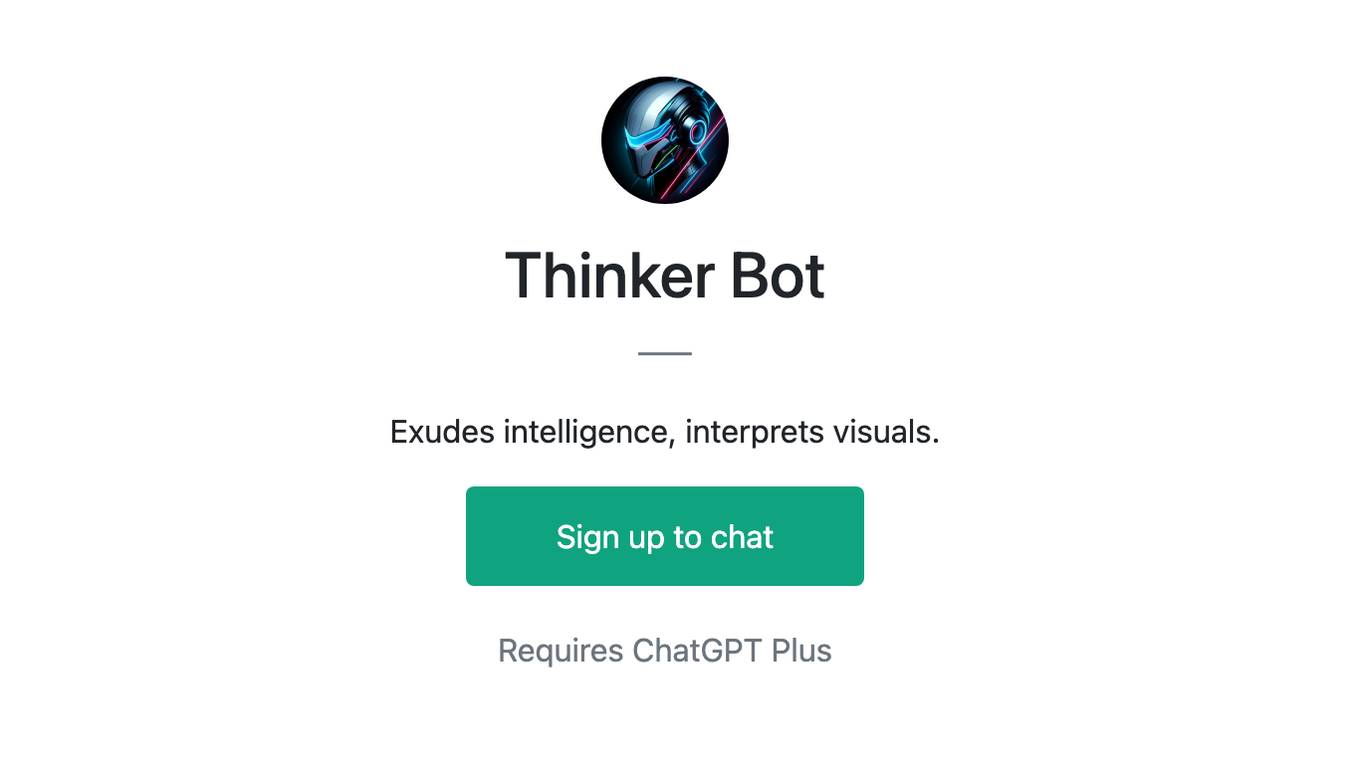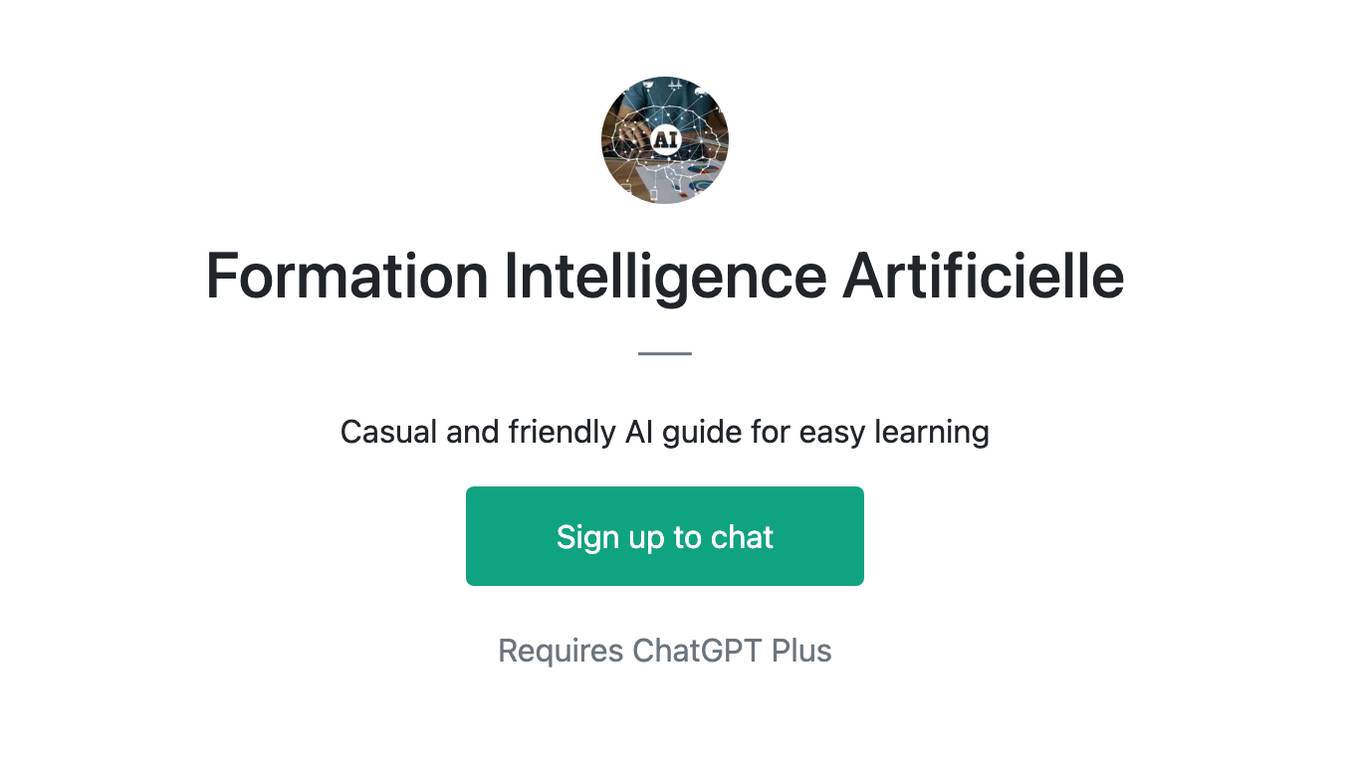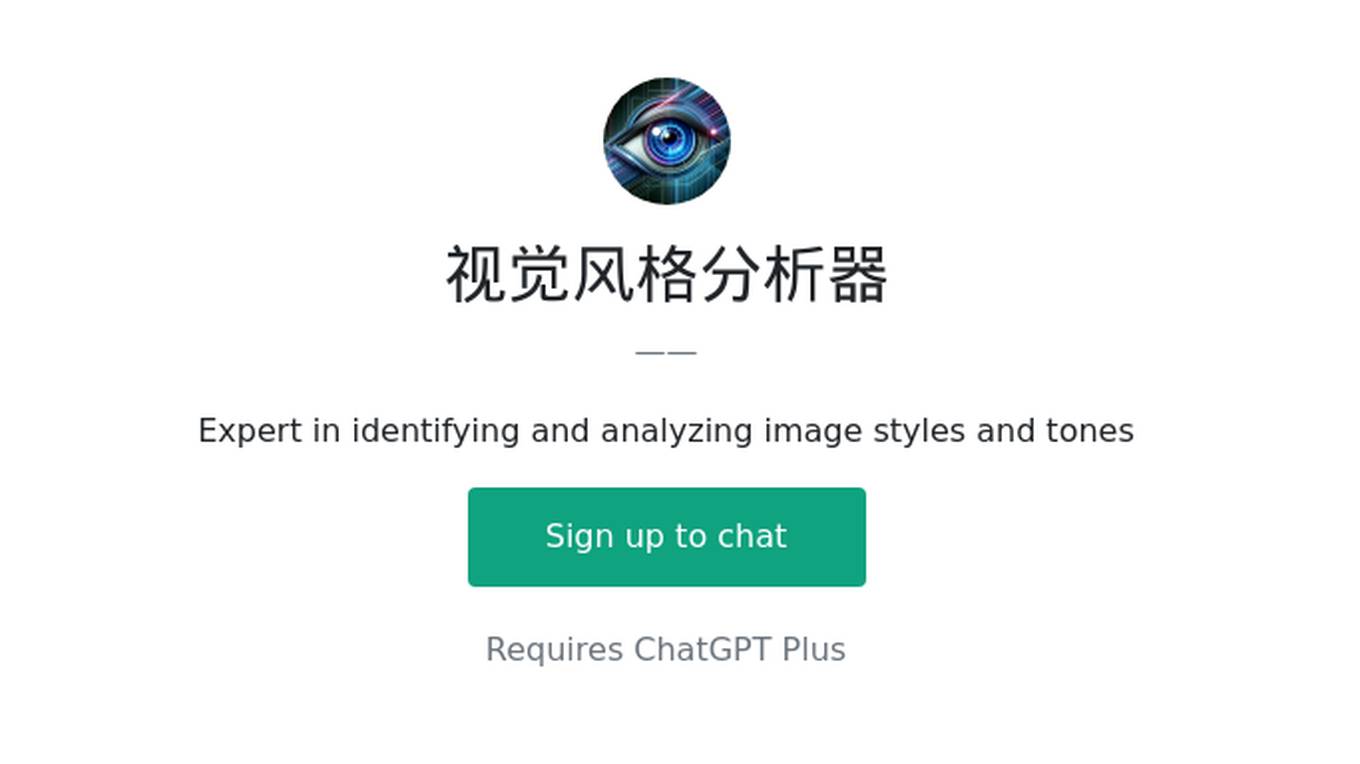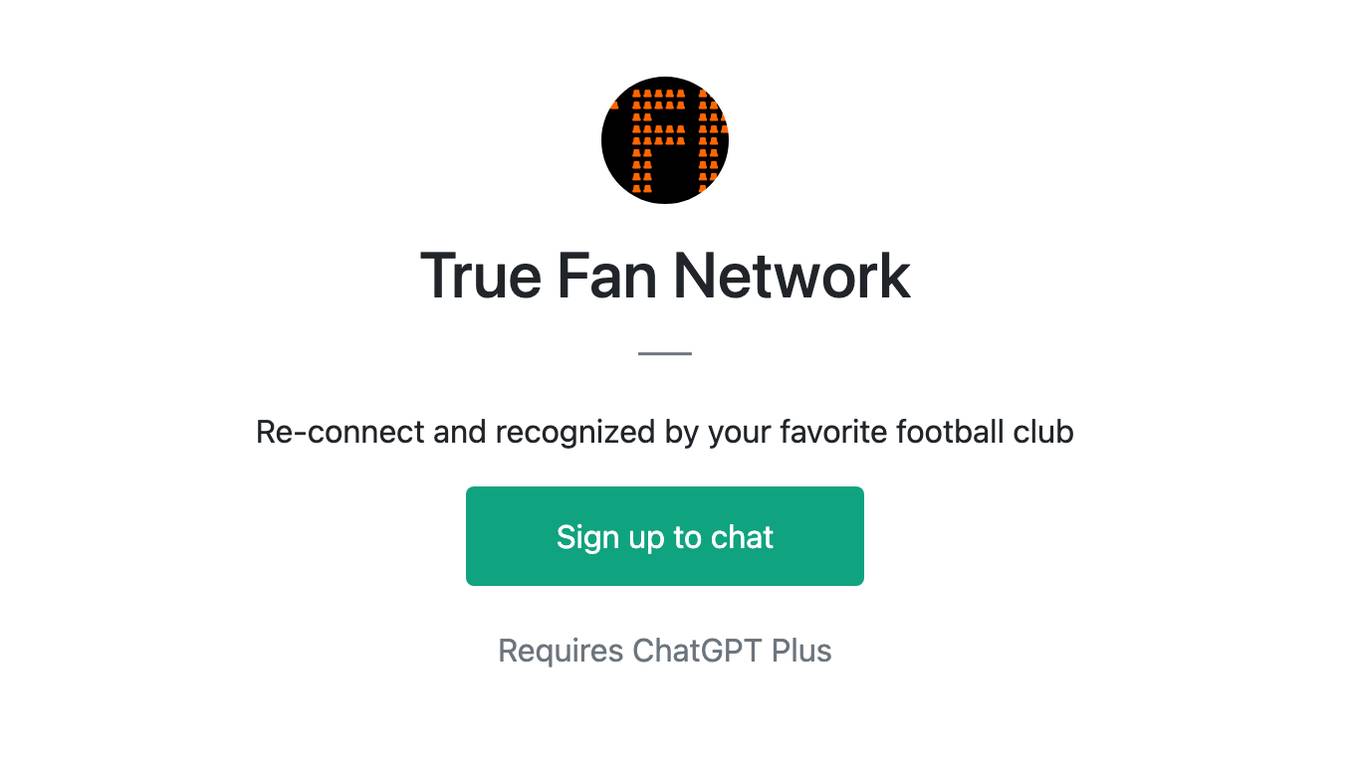Best AI tools for< Recognize Handwritten Text >
20 - AI tool Sites
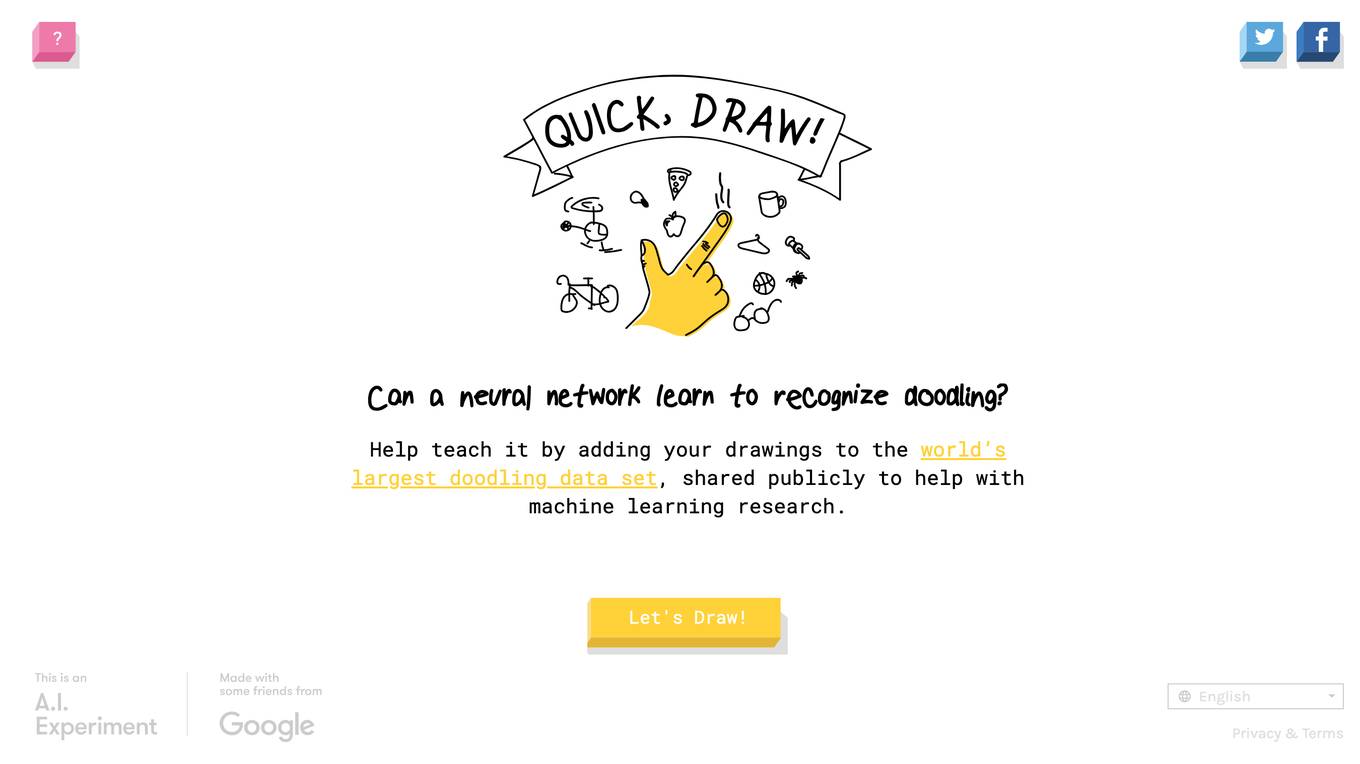
Quick, Draw!
Quick, Draw! is a game built with machine learning. You draw, and a neural network tries to guess what you're drawing. Of course, it doesn't always work. But the more you play with it, the more it will learn. So far we have trained it on a few hundred concepts, and we hope to add more over time. We made this as an example of how you can use machine learning in fun ways.

Teachable Machine
Teachable Machine is a web-based tool that makes it easy to create custom machine learning models, even if you don't have any coding experience. With Teachable Machine, you can train models to recognize images, sounds, and poses. Once you've trained a model, you can export it to use in your own projects.
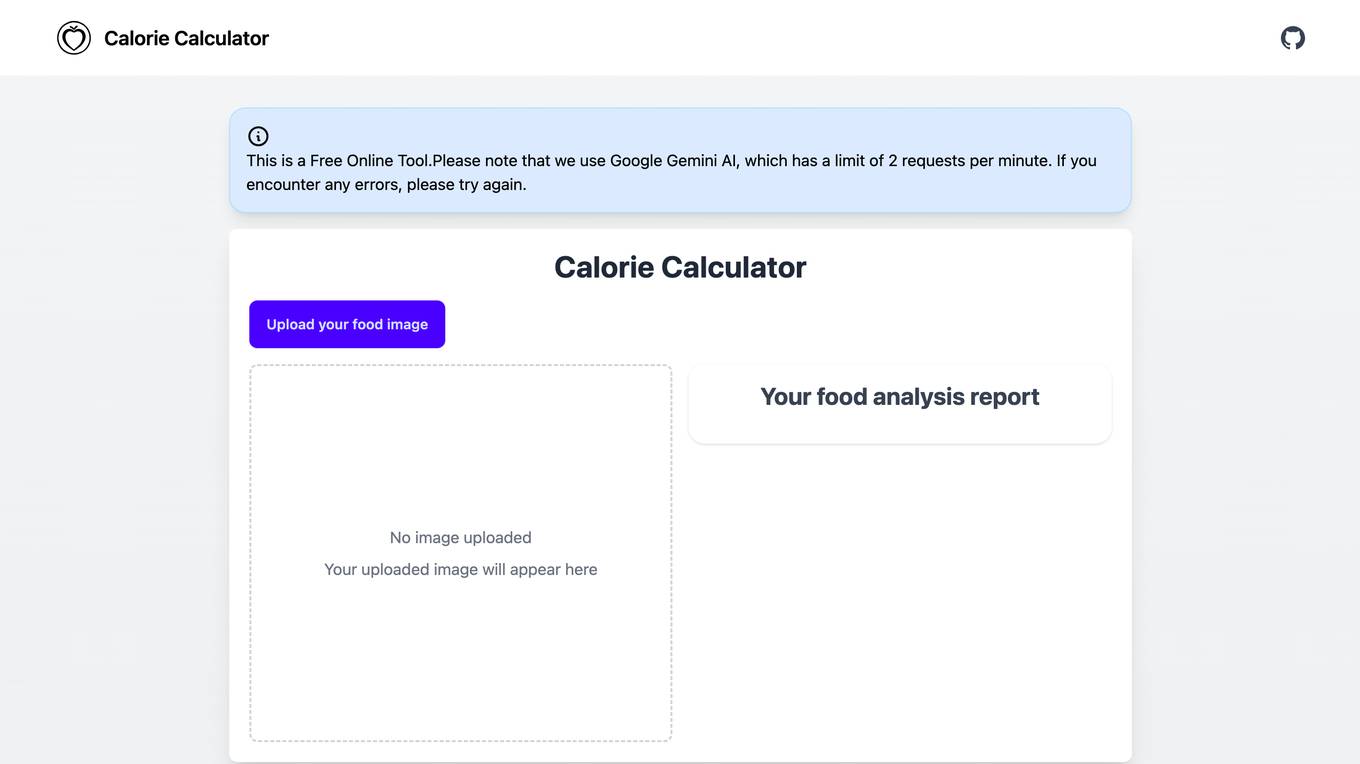
AI Calorie Calculator
This AI Calorie Calculator is a free online tool that uses advanced AI algorithms to analyze the food in your uploaded images and estimate the total calorie count. It is designed to help you manage your diet and plan your meals effectively. The calculator is versatile and includes specialized features for children's calorie calculation, weight loss planning, athlete calorie estimation, sauna calorie estimation, and more. It also supports various dietary needs and counting methods globally.

Credly
Credly is a digital credentialing platform that helps organizations issue, manage, and track digital badges and certificates. It provides a network of over 3,500 certification, assessment, and training providers and employers, allowing earners to connect and grow through a catalog of over 90,000 learnings. Credly's solutions include digital credentialing, workforce insights, strategic workforce planning, and candidate assessment.
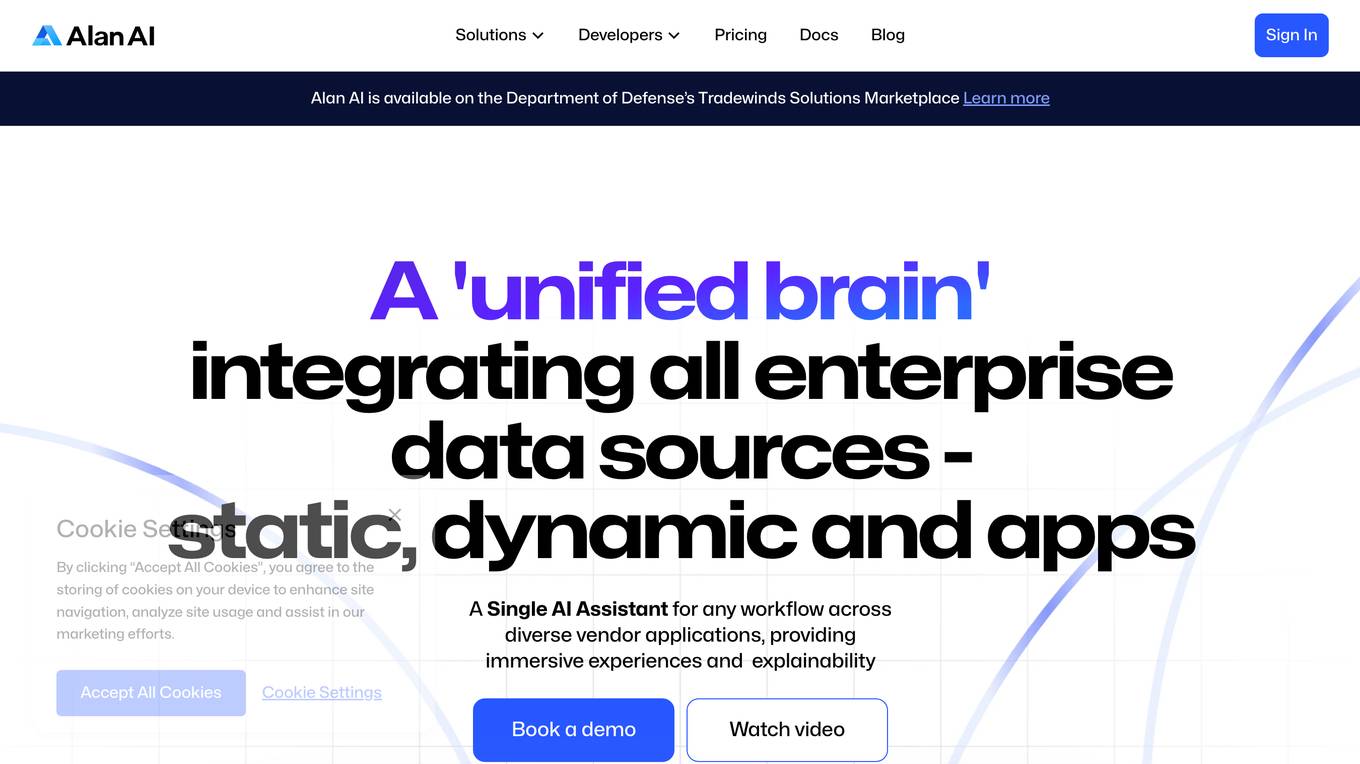
Alan AI
Alan AI is an advanced conversational AI platform that offers a wide range of AI solutions for various industries. It simplifies tasks, enhances business operations, and empowers sales strategies through AI technology. The platform provides features like question answering, semantic search, reporting, private data sources, and context awareness. With a focus on actionable AI, Alan AI aims to redefine learning and streamline decision-making processes. It offers a comprehensive suite of tools for developers, including technology architecture overview, integration, deployment, and analytics. Alan AI stands out for its innovative approach to AI reasoning, transparency, and control, making it a valuable asset for organizations seeking to leverage AI capabilities.
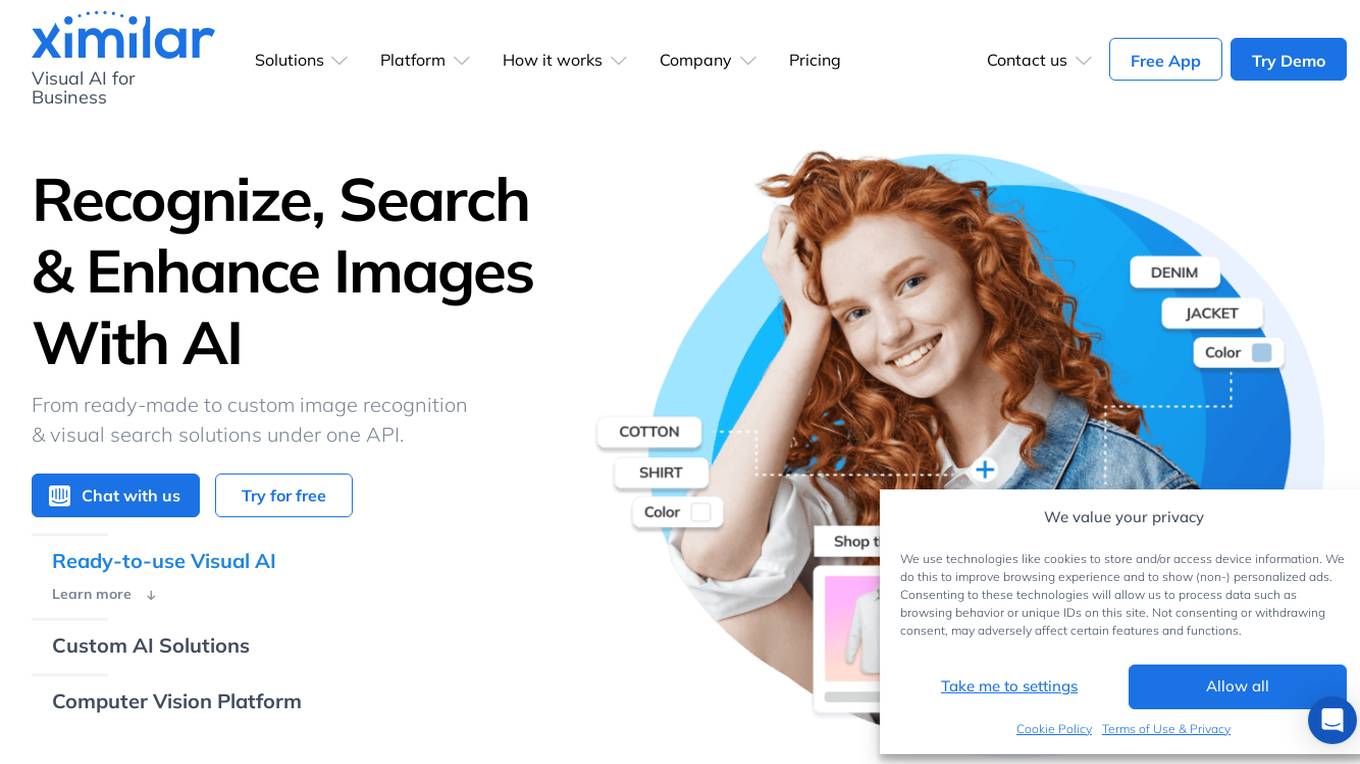
Ximilar Visual AI for Business
Ximilar Visual AI for Business is an AI tool that offers a comprehensive platform for image recognition and visual search solutions. It provides features such as image classification, regression, object detection, AI model combination, image annotation, and more. Users can easily build custom machine learning models without coding, access ready-to-use visual AI demos, and benefit from features like image upscaling, background removal, and color extraction. The platform caters to various industries including fashion, home decor, stock photos, collectibles, med & biotech, manufacturing, and real estate.
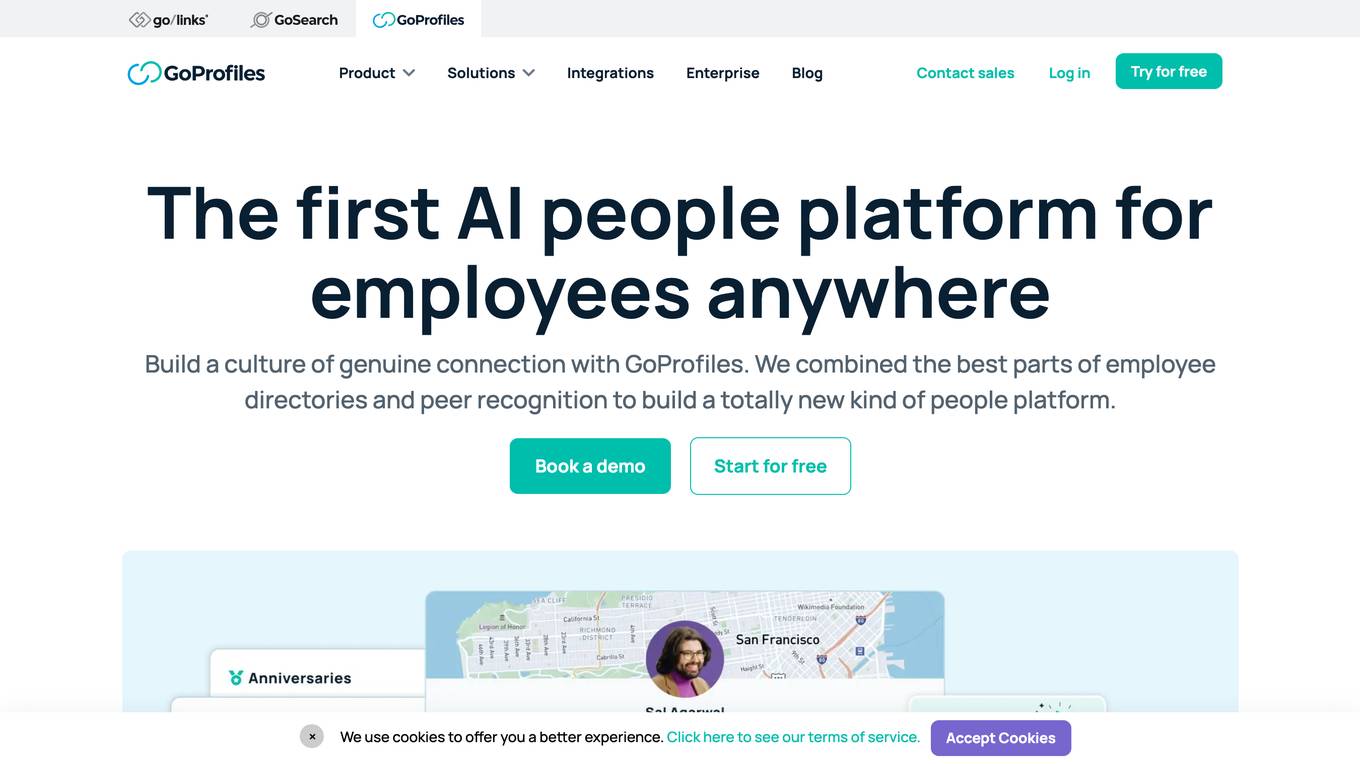
GoProfiles
GoProfiles is an AI People Platform designed for employee engagement and recognition. It offers features such as employee profiles, peer recognition, rewards, org chart visualization, dynamic people data search, and an AI assistant for company questions and connections. The platform aims to foster a connected and engaged culture within organizations by providing tools for meaningful coworker interactions and employee insights.

Japan Computer Vision (JCV)
Japan Computer Vision (JCV) is a leading technology company specializing in advanced computer vision solutions (image recognition). As a 100% subsidiary of SoftBank Corp., JCV focuses on security and innovation to provide cutting-edge technologies that transform industries and improve lives worldwide. Through solutions for smart buildings and smart retail, JCV enhances office environments, streamlines operations, improves hospitality in stores and commercial facilities, and creates new work and lifestyle experiences.
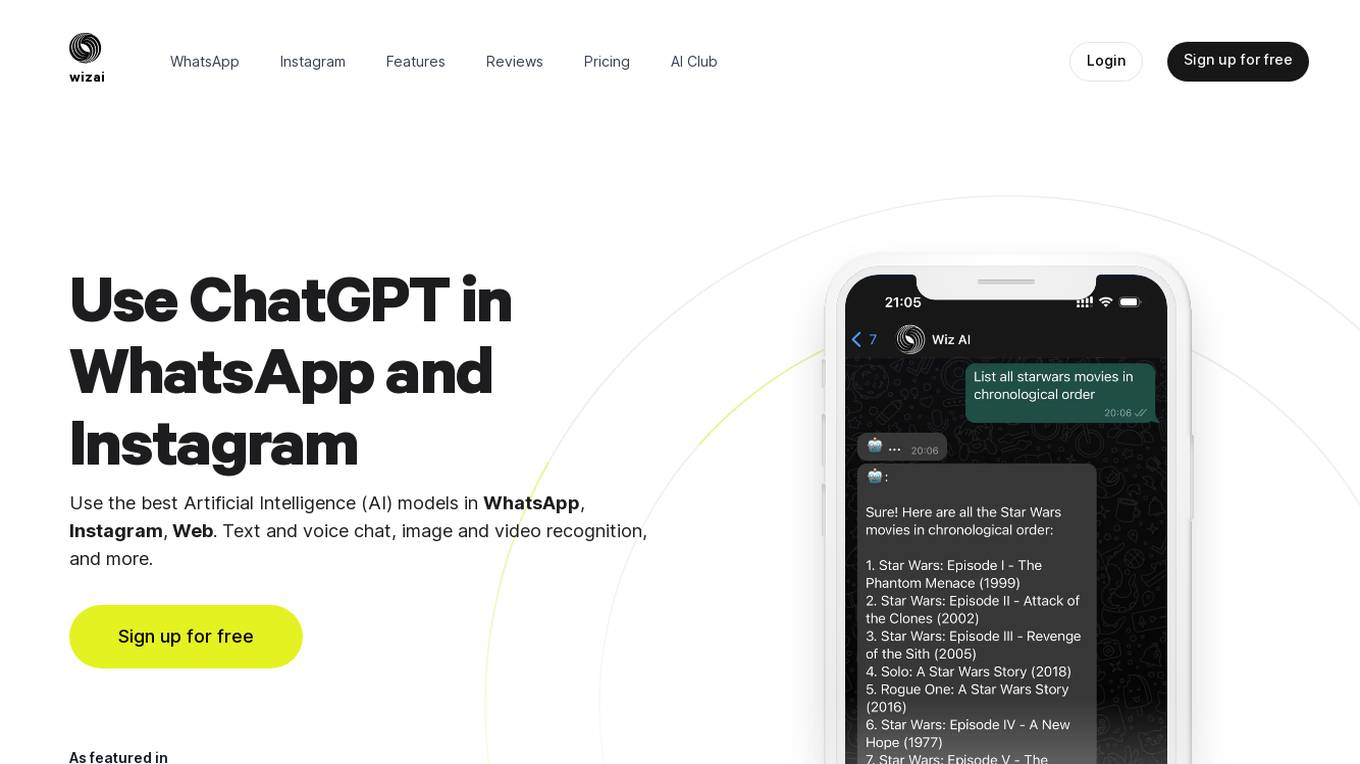
WizAI
WizAI is an AI tool that offers ChatGPT for WhatsApp, Instagram, and the web. It provides users with the ability to engage in text and voice chat, image and video recognition, and more. WizAI is powered by OpenAI's ChatGPT, offering advanced AI capabilities for generating smart replies and interacting with users in a human-like manner.
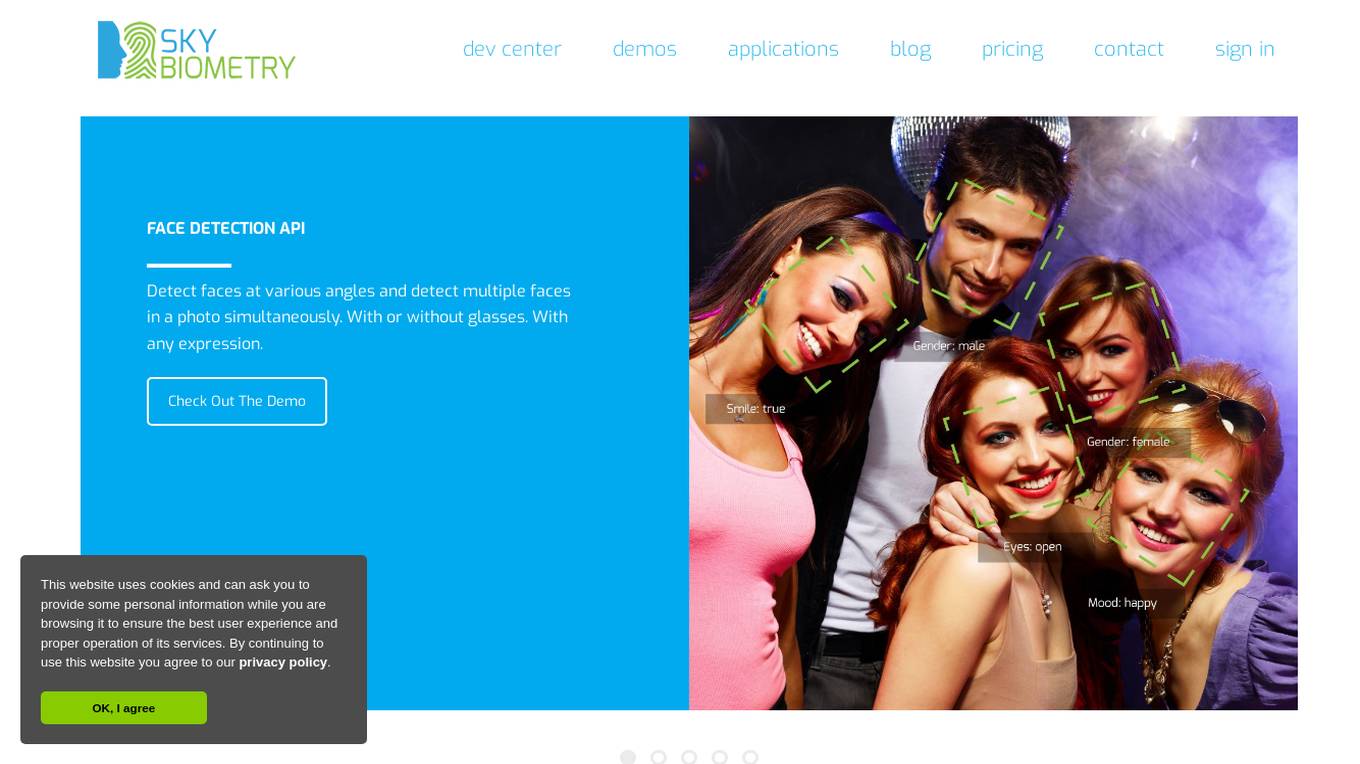
SkyBiometry
Skybiometry is a cloud-based face recognition API service that offers advanced features such as face detection, face recognition, face grouping, and attributes determination. It provides high-quality face recognition algorithms and the ability to detect faces at various angles with or without glasses, expressions, and other attributes. The service is suitable for applications in advertising campaigns, photo management, user authentication, community moderation, and specific projects. Skybiometry allows developers and marketers to integrate face recognition technology into their projects easily, enhancing customization and execution capabilities.
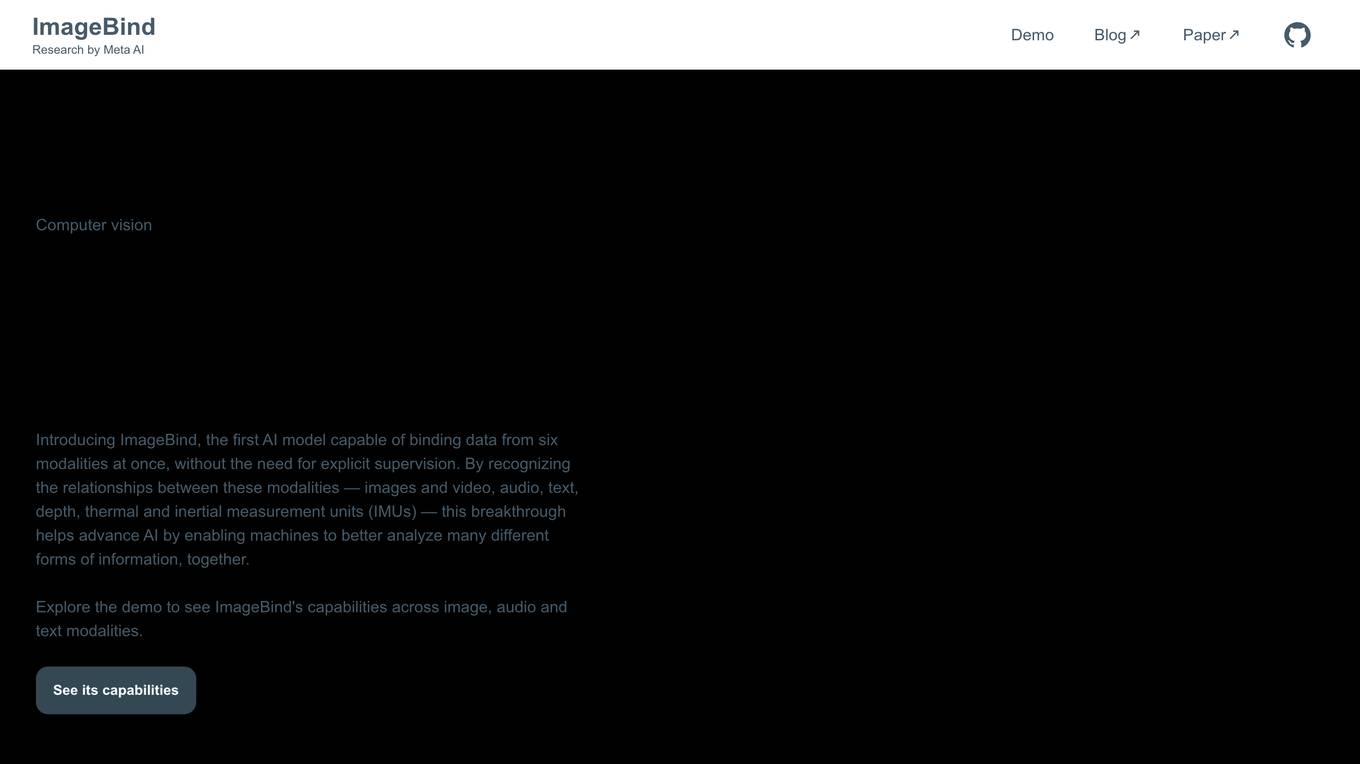
ImageBind
ImageBind by Meta AI is a groundbreaking AI tool that revolutionizes the field of computer vision by introducing a new way to 'link' AI across multiple senses. It is the first AI model capable of binding data from six different modalities simultaneously, including images, video, audio, text, depth, thermal, and inertial measurement units (IMUs). By recognizing relationships between these modalities, ImageBind enables machines to analyze various forms of information together, advancing AI capabilities significantly.
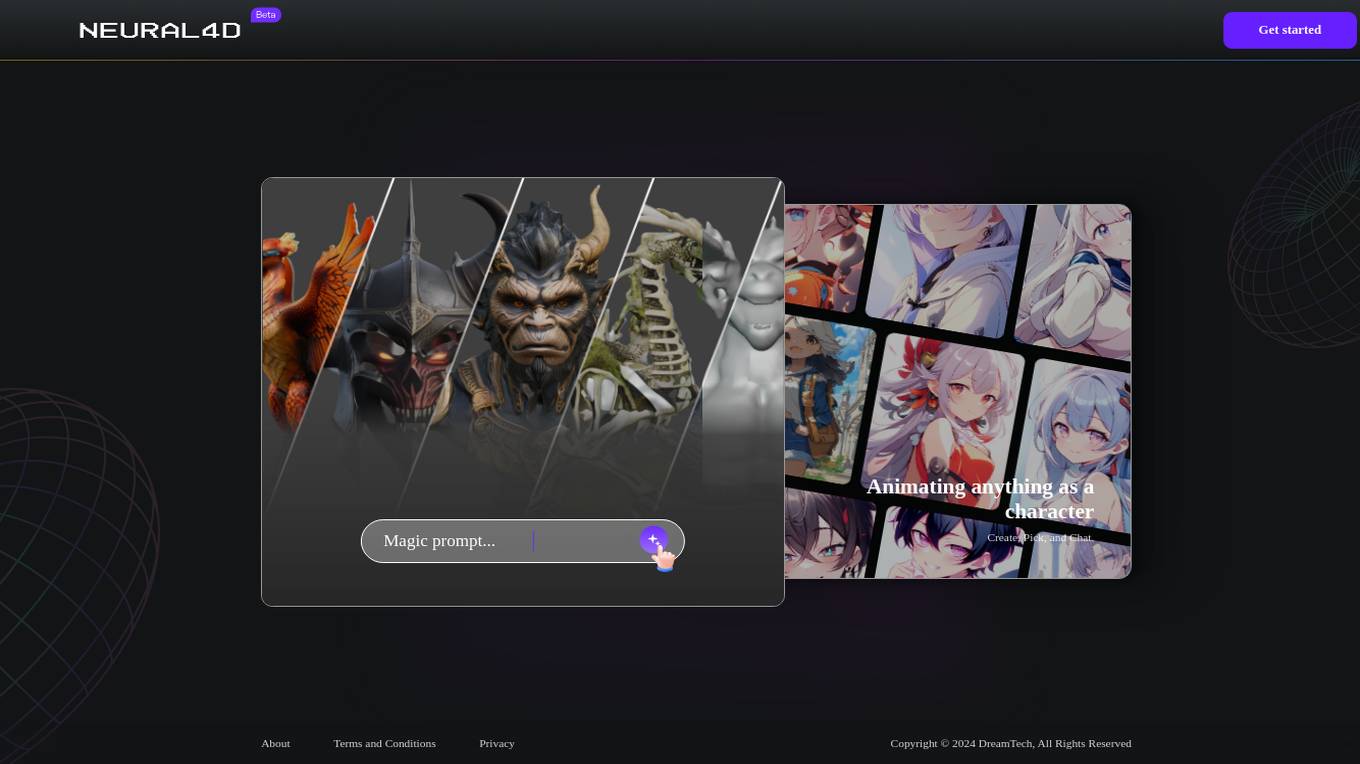
Neural4D
Neural4D is an AI tool designed to provide advanced neural network solutions. It offers a range of features for deep learning applications, including image recognition, natural language processing, and predictive analytics. With Neural4D, users can build and train complex neural networks to solve various real-world problems. The tool is user-friendly and suitable for both beginners and experienced AI practitioners.
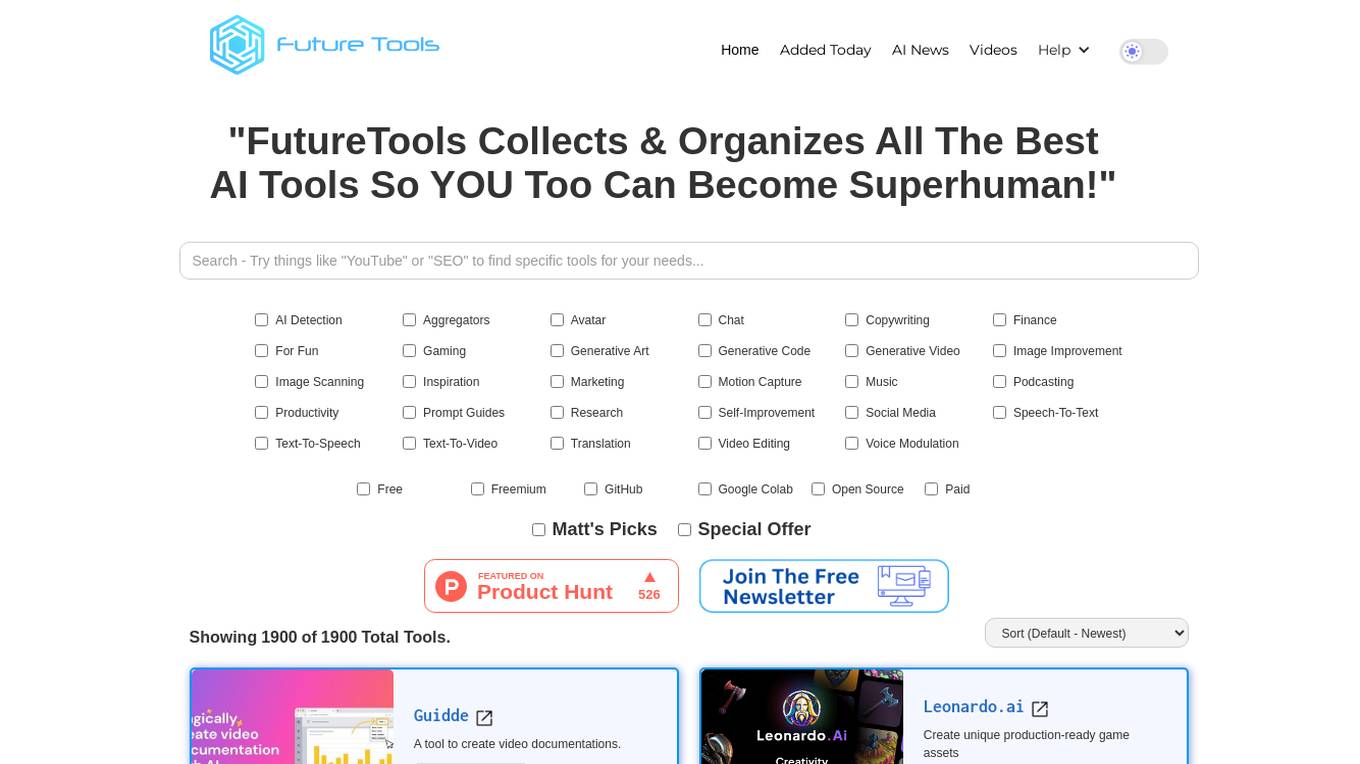
Future Tools
Future Tools is a website that collects and organizes AI tools. It provides a comprehensive list of AI tools categorized into various domains, including AI detection, aggregators, avatar chat, copywriting, finance, gaming, generative art, generative code, generative video, image improvement, image scanning, inspiration, marketing, motion capture, music, podcasting, productivity, prompt guides, research, self-improvement, social media, speech-to-text, text-to-speech, text-to-video, translation, video editing, and voice modulation. The website also offers a search bar to help users find specific tools based on their needs.
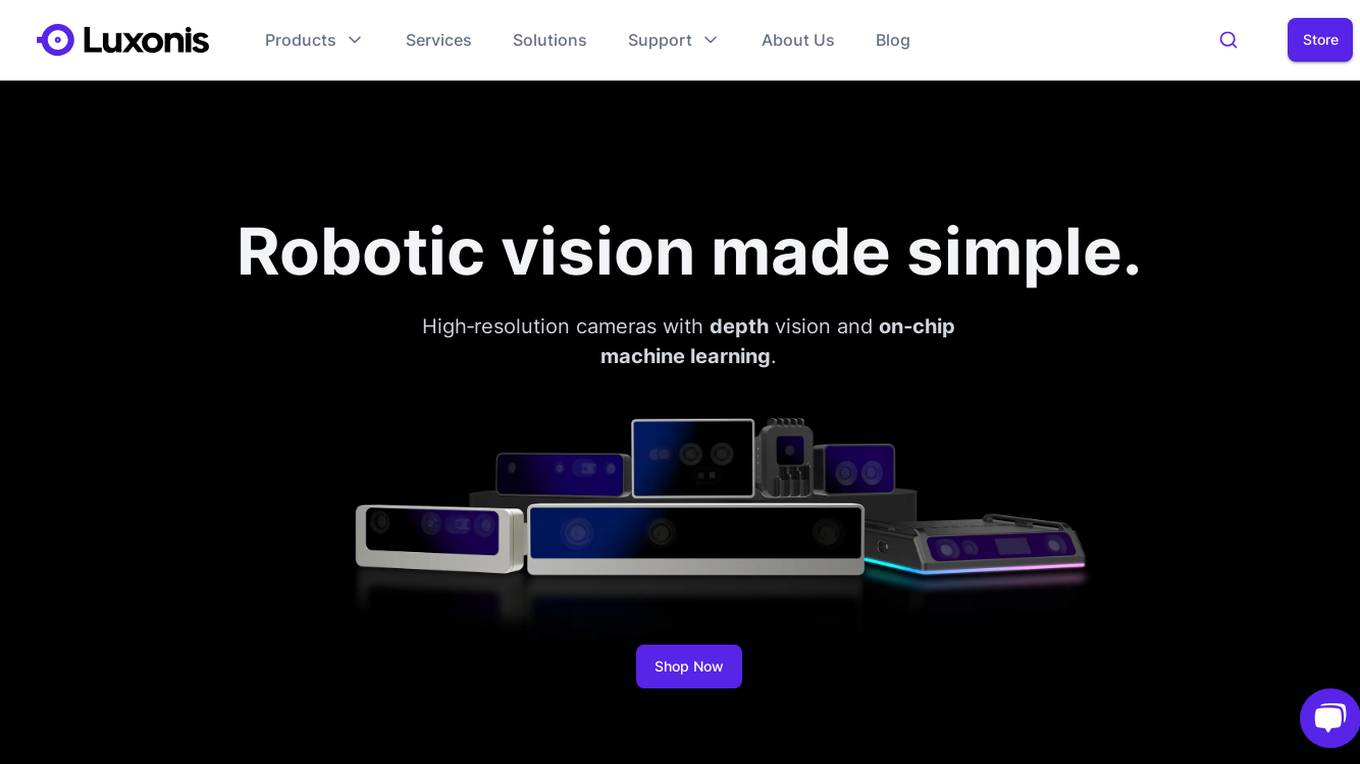
Luxonis
Luxonis is a platform that offers robotic vision solutions through high-resolution cameras with depth vision and on-chip machine learning capabilities. Their products include OAK Cameras and Modules, providing features like Stereo Depth Sensing, Computer Vision, Artificial Intelligence, and Cloud Management. Luxonis enables the development of computer vision products and companies by offering performant and affordable hardware solutions. The platform caters to enterprises and hobbyists, empowering them to easily build embedded vision systems.
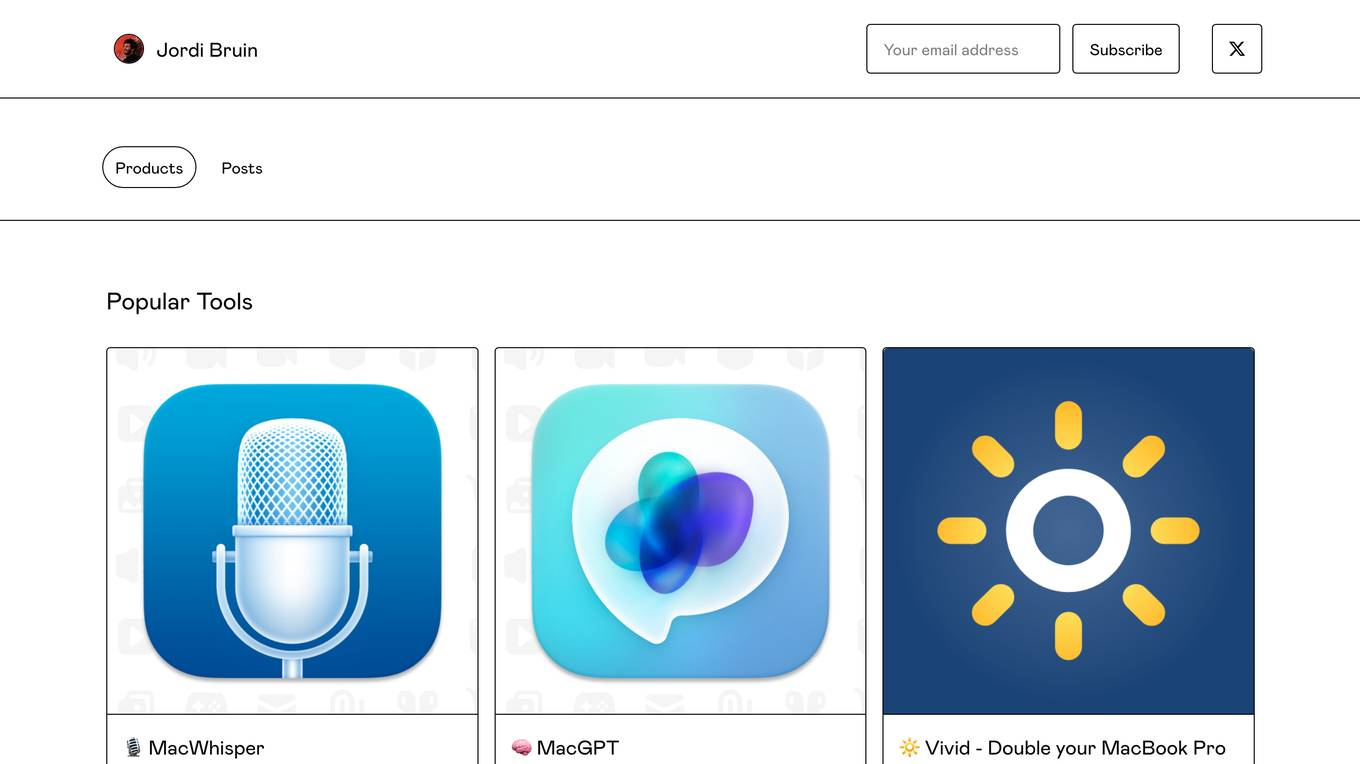
Mac AI Tools and Utilities
This website offers a variety of AI tools and utilities for Mac users. The tools include text assistants, speech-to-text software, image recognition software, and more. The utilities include tools for managing your Mac's settings, improving your productivity, and customizing your Mac's appearance.
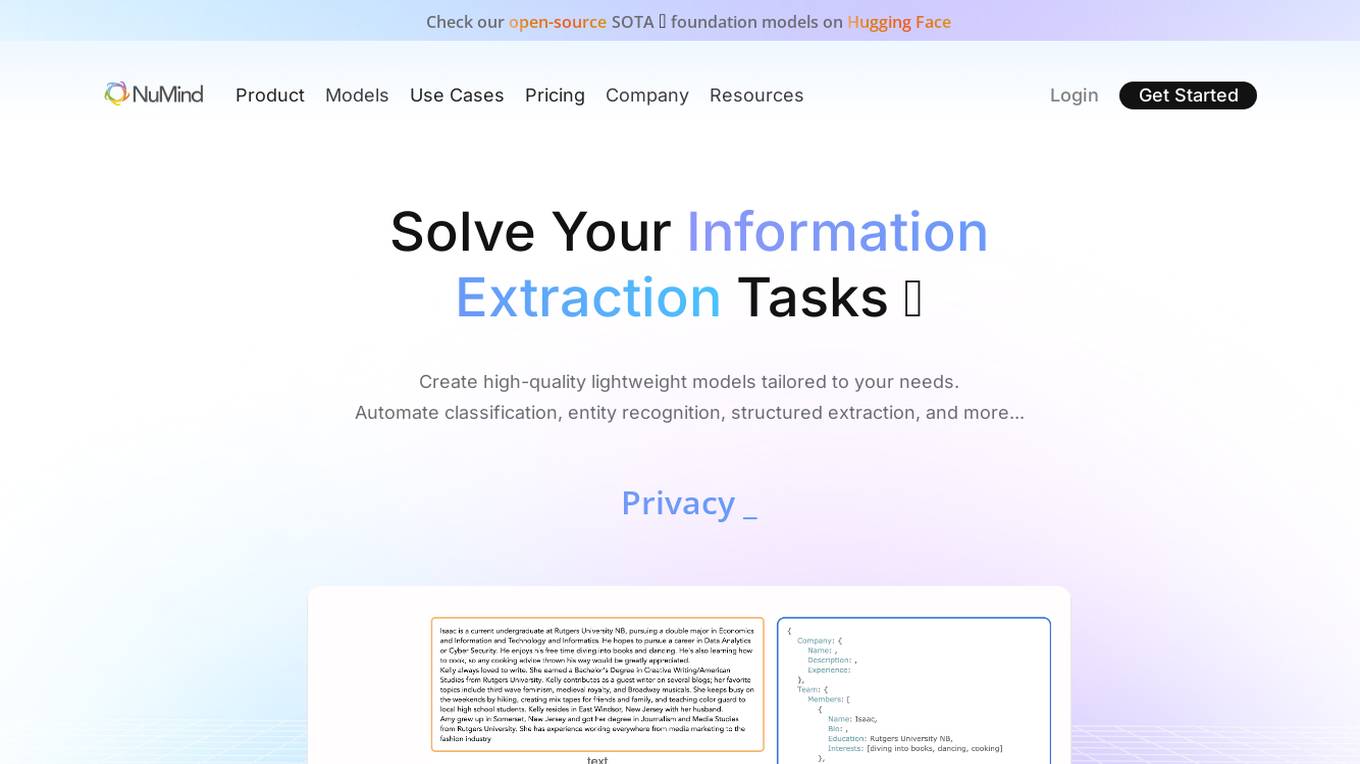
NuMind
NuMind is an AI tool designed to solve information extraction tasks efficiently. It offers high-quality lightweight models tailored to users' needs, automating classification, entity recognition, and structured extraction. The tool is powered by task-specific and domain-agnostic foundation models, outperforming GPT-4 and similar models. NuMind provides solutions for various industries such as insurance and healthcare, ensuring privacy, cost-effectiveness, and faster NLP projects.
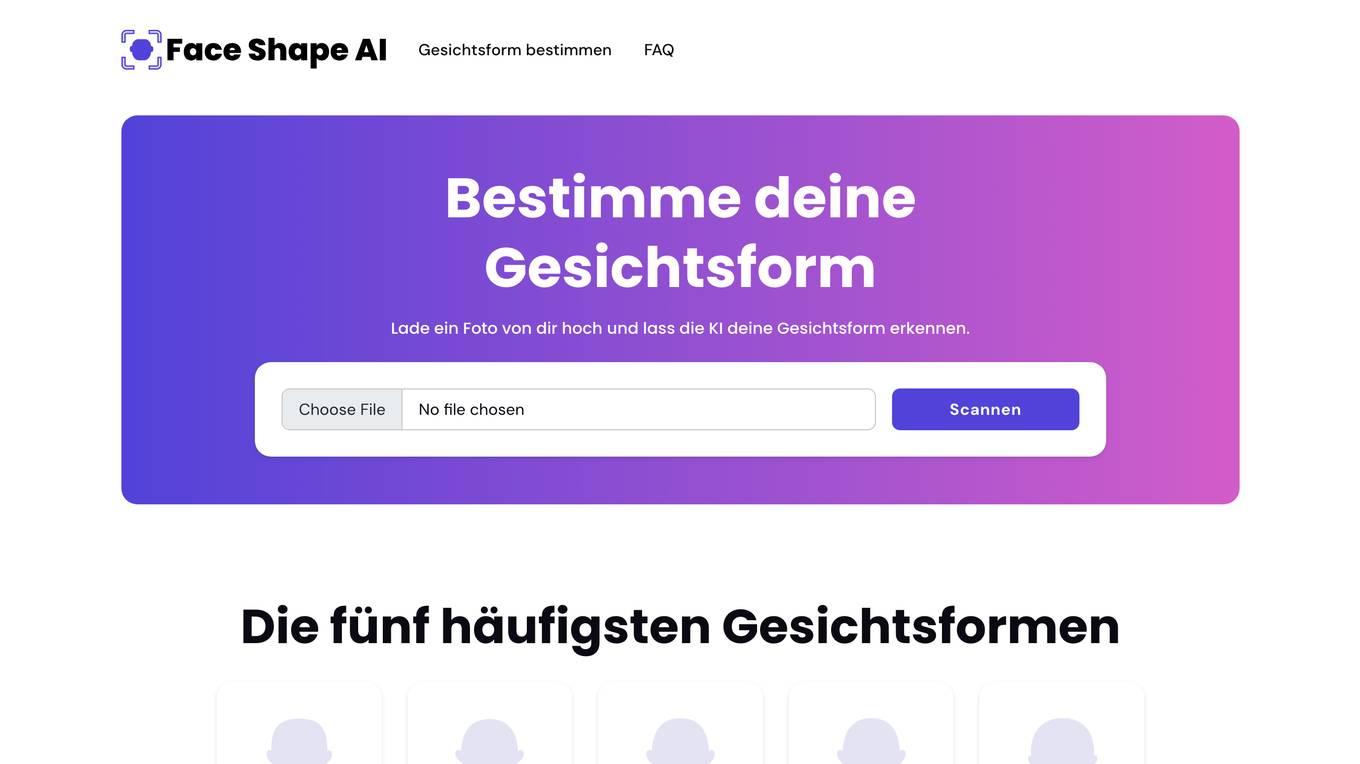
Facial Shape Analyzer
The website offers a facial shape determination tool using AI technology. Users can upload a photo of themselves to have the AI recognize and determine their facial shape. The AI analysis is based on a combination of image processing and AI algorithms, identifying facial features such as eyes, nose, mouth, and contours to determine the facial shape. The tool provides information on six common facial shapes, including elongated, oval, square, round, heart-shaped, and diamond-shaped. The service is free for all users, ensuring privacy by not storing uploaded photos permanently and solely using them for facial shape analysis.
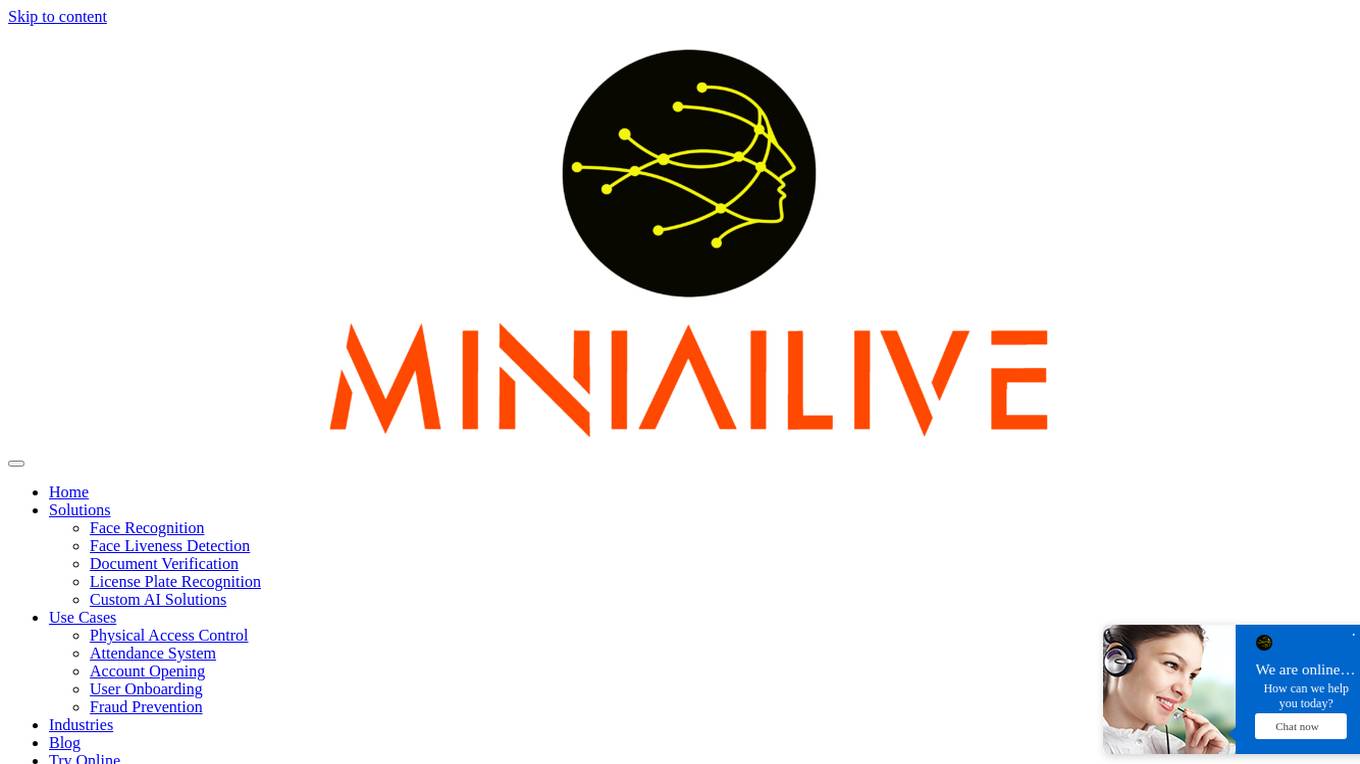
MiniAiLive
MiniAiLive is a provider of Touchless Biometrics Authentication and ID verification solutions. They offer strong security solutions with cutting-edge technologies for facial recognition, liveness detection, and ID document recognition. MiniAiLive ensures seamless integration with clients' existing systems. The application caters to various industries and provides solutions for identity verification, biometric authentication, and fraud prevention. MiniAiLive stands out for its global coverage, configurability, speed, and accuracy in identity verification services.
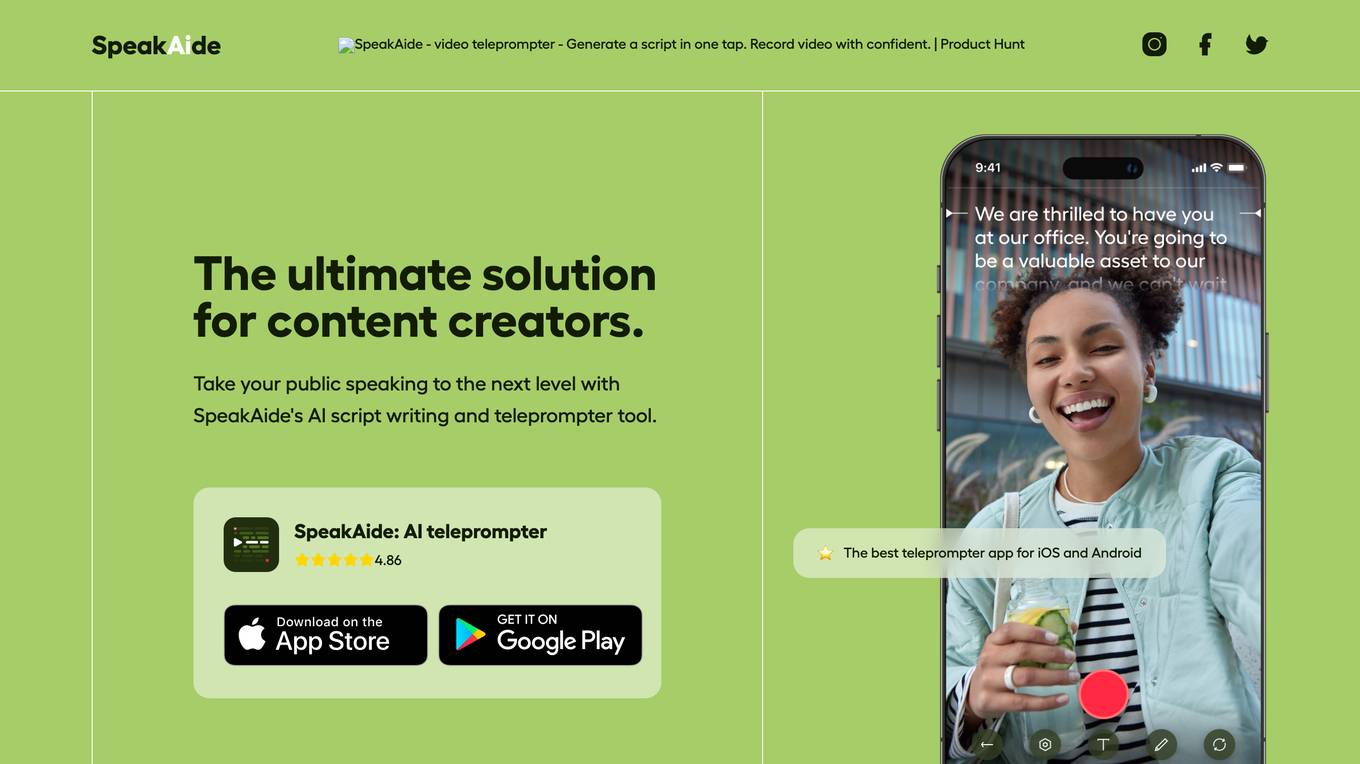
Speakaide
Speakaide.com is a website that currently faces an error due to an invalid SSL certificate. The error code 526 indicates that the origin web server does not have a valid SSL certificate, causing issues with security and data encryption. Visitors are advised to try again later, while website owners are instructed to ensure a valid SSL certificate is configured. The website seems to be using Cloudflare services for performance and security enhancements.
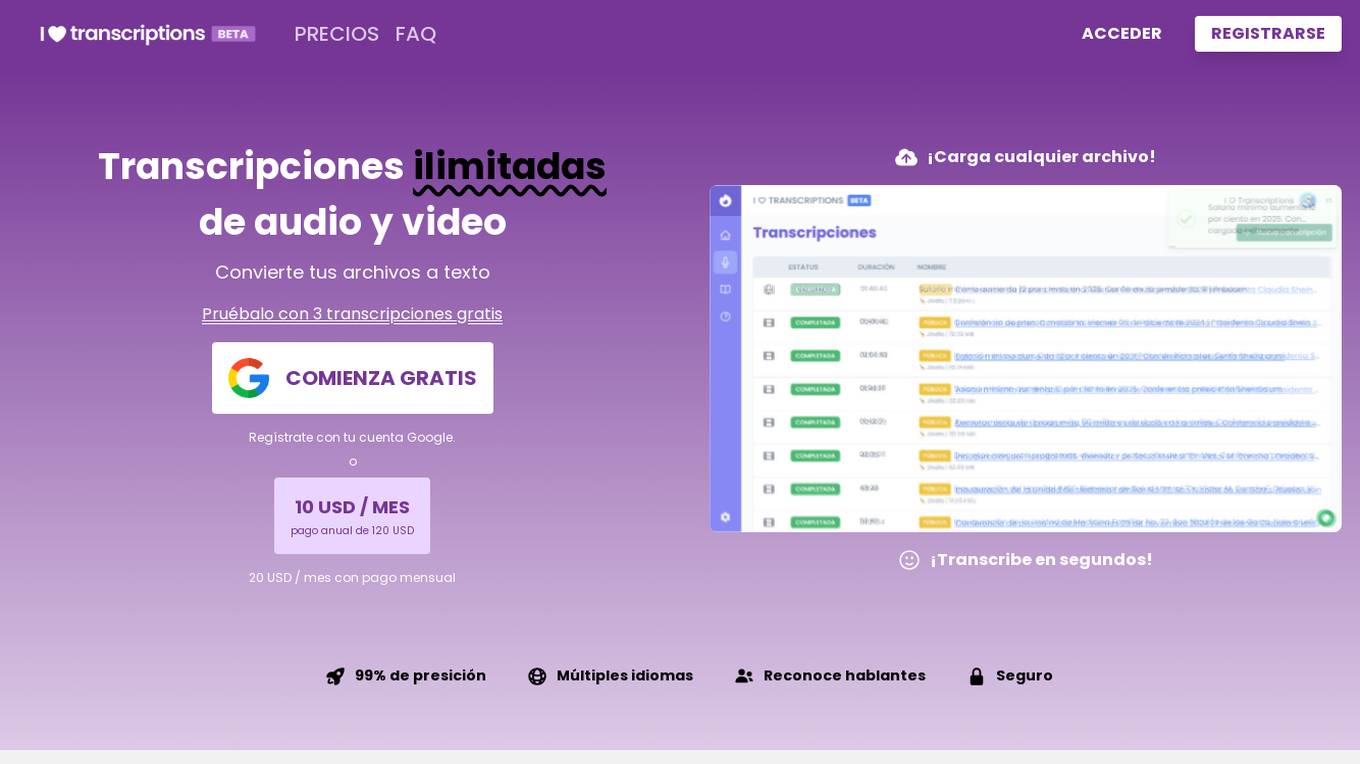
I ♡ Transcriptions
I ♡ Transcriptions is an AI-powered platform that offers unlimited transcription services for audio and video files. It converts files to text in multiple languages with high accuracy. The platform was created to simplify transcription technology and make it accessible and affordable for users who need to transcribe content with high quality. It supports popular file formats, provides secure data handling, and offers features like speaker recognition and translation. The platform is developed by Jose María Campaña, a full-stack developer, and Tania Campaña, a linguistics doctor, with the vision of making transcription technology truly useful for everyone.
1 - Open Source AI Tools
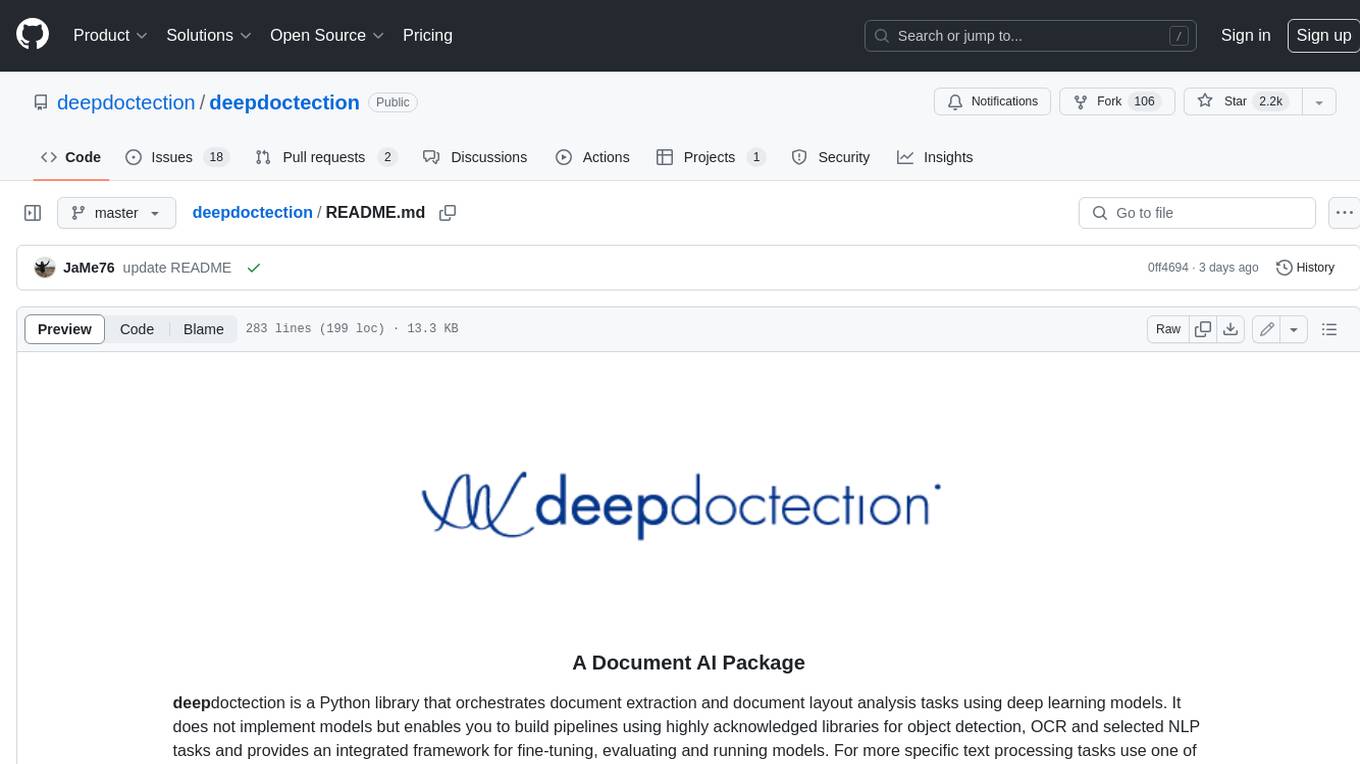
deepdoctection
**deep** doctection is a Python library that orchestrates document extraction and document layout analysis tasks using deep learning models. It does not implement models but enables you to build pipelines using highly acknowledged libraries for object detection, OCR and selected NLP tasks and provides an integrated framework for fine-tuning, evaluating and running models. For more specific text processing tasks use one of the many other great NLP libraries. **deep** doctection focuses on applications and is made for those who want to solve real world problems related to document extraction from PDFs or scans in various image formats. **deep** doctection provides model wrappers of supported libraries for various tasks to be integrated into pipelines. Its core function does not depend on any specific deep learning library. Selected models for the following tasks are currently supported: * Document layout analysis including table recognition in Tensorflow with **Tensorpack**, or PyTorch with **Detectron2**, * OCR with support of **Tesseract**, **DocTr** (Tensorflow and PyTorch implementations available) and a wrapper to an API for a commercial solution, * Text mining for native PDFs with **pdfplumber**, * Language detection with **fastText**, * Deskewing and rotating images with **jdeskew**. * Document and token classification with all LayoutLM models provided by the **Transformer library**. (Yes, you can use any LayoutLM-model with any of the provided OCR-or pdfplumber tools straight away!). * Table detection and table structure recognition with **table-transformer**. * There is a small dataset for token classification available and a lot of new tutorials to show, how to train and evaluate this dataset using LayoutLMv1, LayoutLMv2, LayoutXLM and LayoutLMv3. * Comprehensive configuration of **analyzer** like choosing different models, output parsing, OCR selection. Check this notebook or the docs for more infos. * Document layout analysis and table recognition now runs with **Torchscript** (CPU) as well and **Detectron2** is not required anymore for basic inference. * [**new**] More angle predictors for determining the rotation of a document based on **Tesseract** and **DocTr** (not contained in the built-in Analyzer). * [**new**] Token classification with **LiLT** via **transformers**. We have added a model wrapper for token classification with LiLT and added a some LiLT models to the model catalog that seem to look promising, especially if you want to train a model on non-english data. The training script for LayoutLM can be used for LiLT as well and we will be providing a notebook on how to train a model on a custom dataset soon. **deep** doctection provides on top of that methods for pre-processing inputs to models like cropping or resizing and to post-process results, like validating duplicate outputs, relating words to detected layout segments or ordering words into contiguous text. You will get an output in JSON format that you can customize even further by yourself. Have a look at the **introduction notebook** in the notebook repo for an easy start. Check the **release notes** for recent updates. **deep** doctection or its support libraries provide pre-trained models that are in most of the cases available at the **Hugging Face Model Hub** or that will be automatically downloaded once requested. For instance, you can find pre-trained object detection models from the Tensorpack or Detectron2 framework for coarse layout analysis, table cell detection and table recognition. Training is a substantial part to get pipelines ready on some specific domain, let it be document layout analysis, document classification or NER. **deep** doctection provides training scripts for models that are based on trainers developed from the library that hosts the model code. Moreover, **deep** doctection hosts code to some well established datasets like **Publaynet** that makes it easy to experiment. It also contains mappings from widely used data formats like COCO and it has a dataset framework (akin to **datasets** so that setting up training on a custom dataset becomes very easy. **This notebook** shows you how to do this. **deep** doctection comes equipped with a framework that allows you to evaluate predictions of a single or multiple models in a pipeline against some ground truth. Check again **here** how it is done. Having set up a pipeline it takes you a few lines of code to instantiate the pipeline and after a for loop all pages will be processed through the pipeline.
20 - OpenAI Gpts
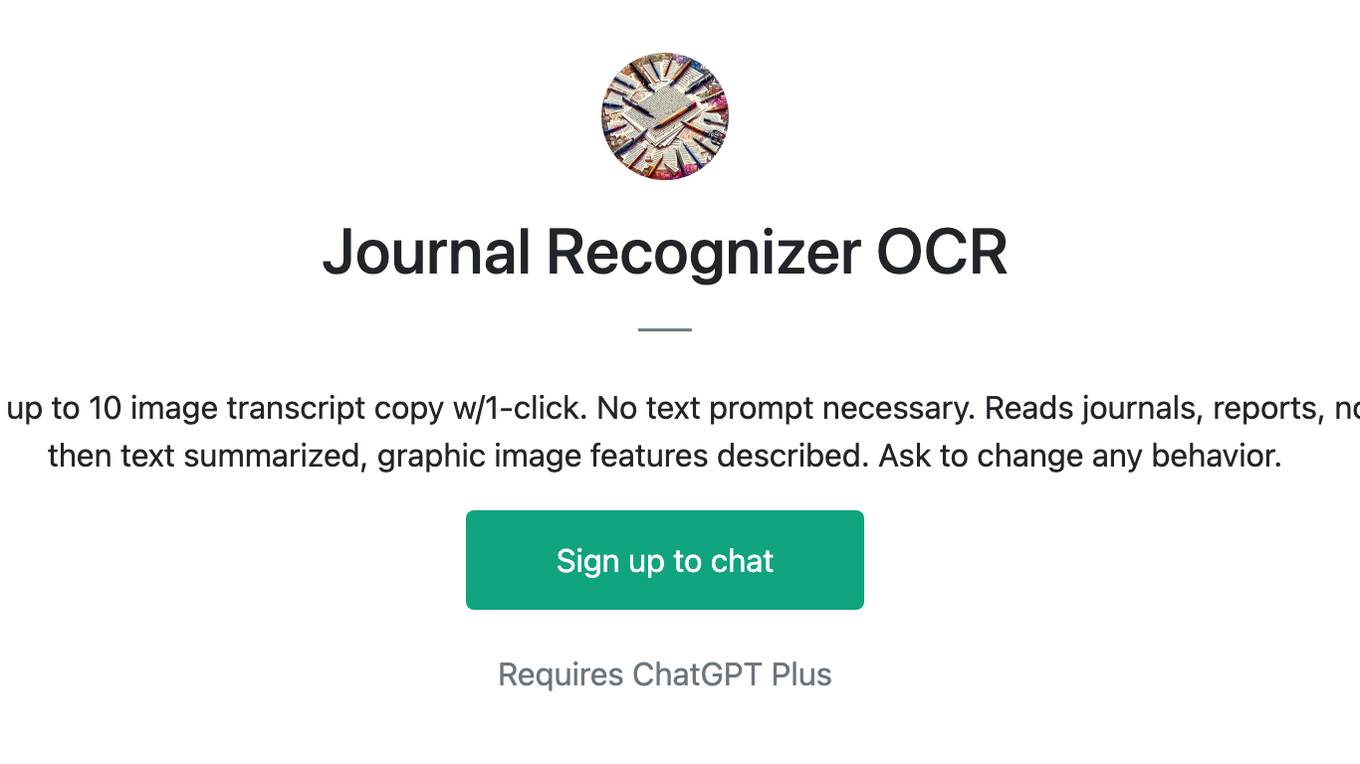
Journal Recognizer OCR
Optimized OCR for Handwritten Notebooks, up to 10 image transcript copy w/1-click. No text prompt necessary. Reads journals, reports, notes. All handwriting transcribed verbatim, then text summarized, graphic image features described. Ask to change any behavior.
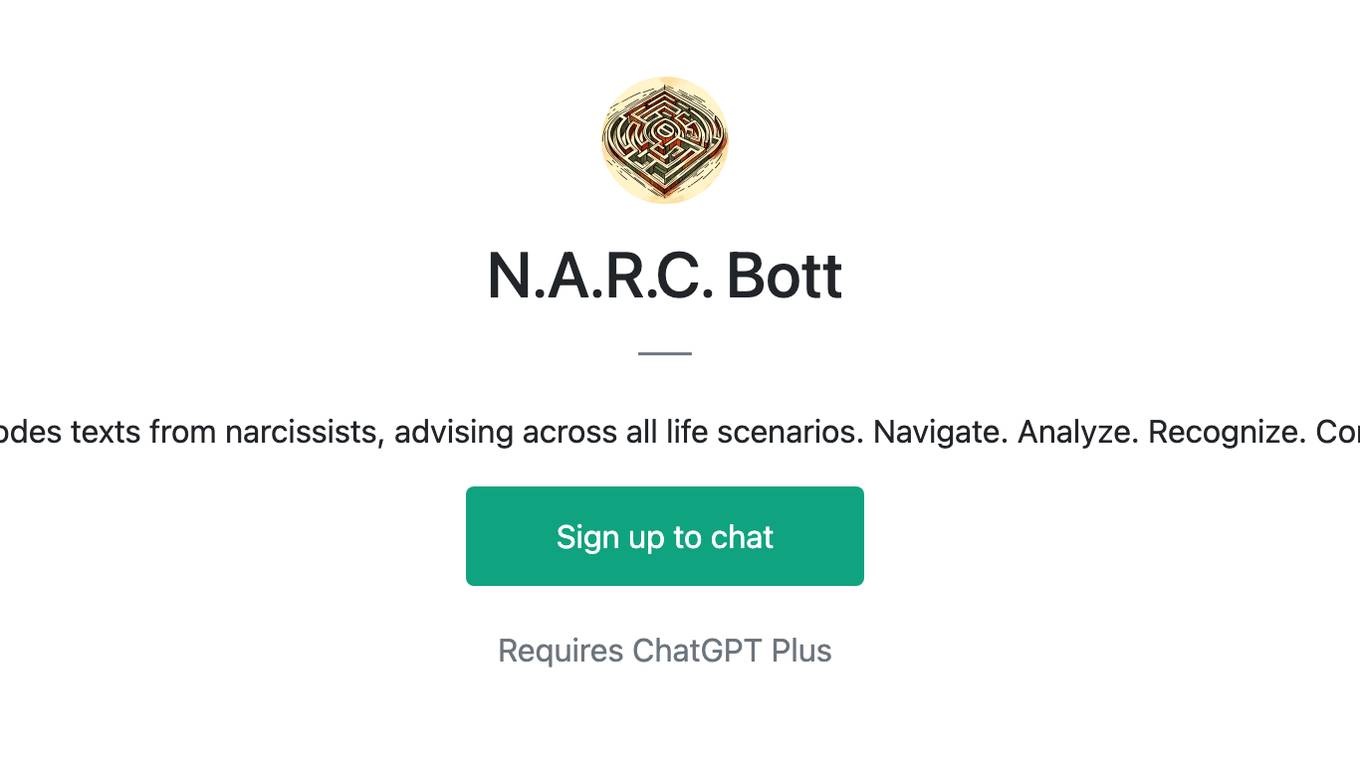
N.A.R.C. Bott
This app decodes texts from narcissists, advising across all life scenarios. Navigate. Analyze. Recognize. Communicate.

Bot Psycho - Le pervers narcissique.
Je te parle des pervers narcissique. Je t'informe de leurs traits et de leur comportement. Je t'aide à reconnaitre les signes d'une relation toxique.
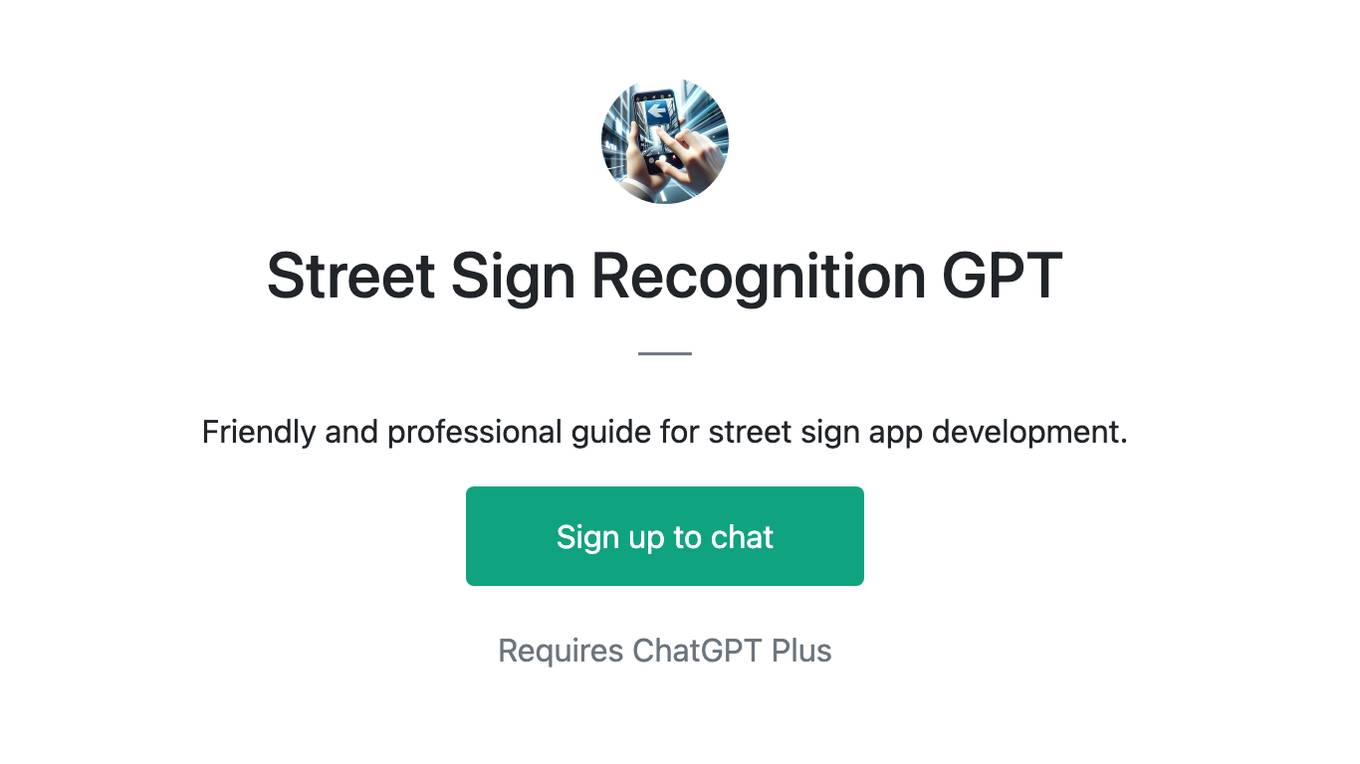
Street Sign Recognition GPT
Friendly and professional guide for street sign app development.

Coffee Beginner Cupping Assistant
Tell me the origin, processing method, and variety of a premium coffee that interests you, and I will provide you with some possible cupping notes about it

スタイル泥棒 / Style Thief
アップロードした画像のスタイルを教えてくれるよ!/ It'll tell you the style of the image you've uploaded!
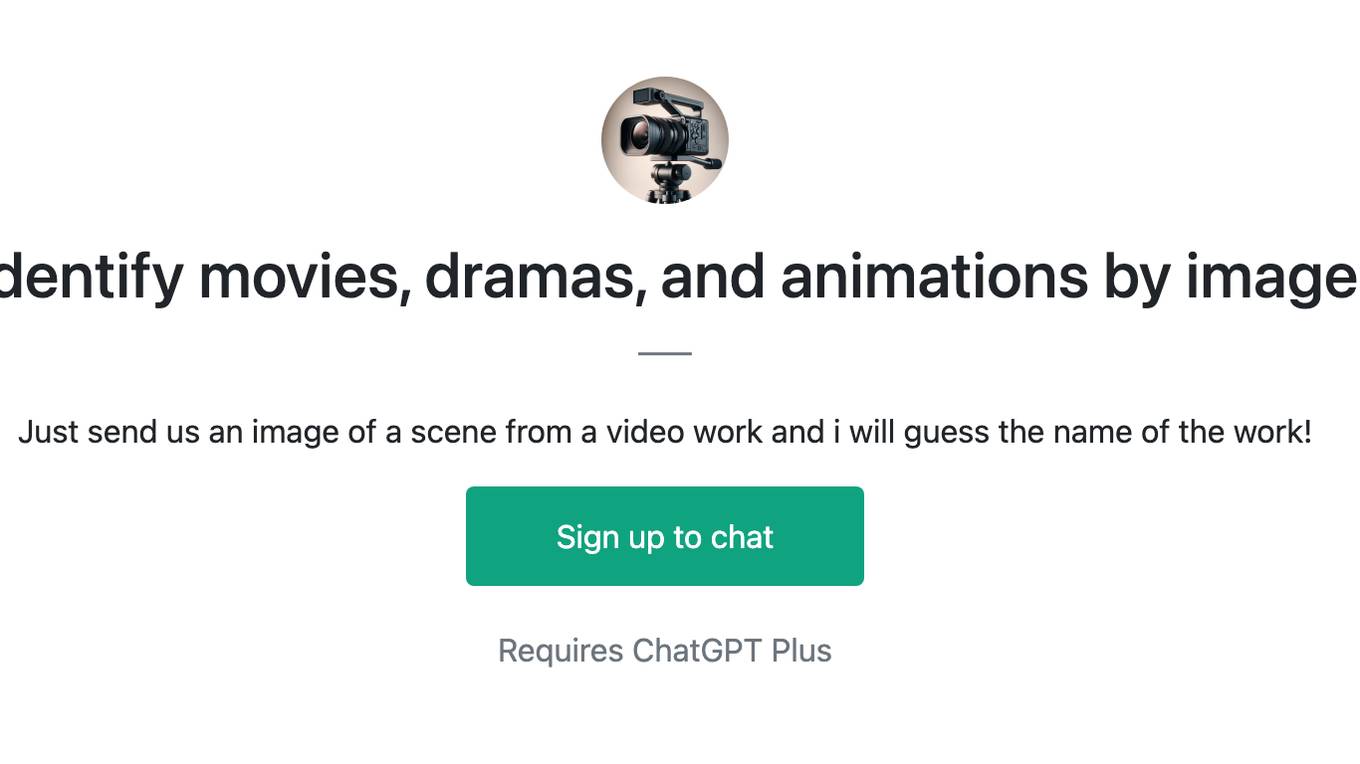
Identify movies, dramas, and animations by image
Just send us an image of a scene from a video work and i will guess the name of the work!
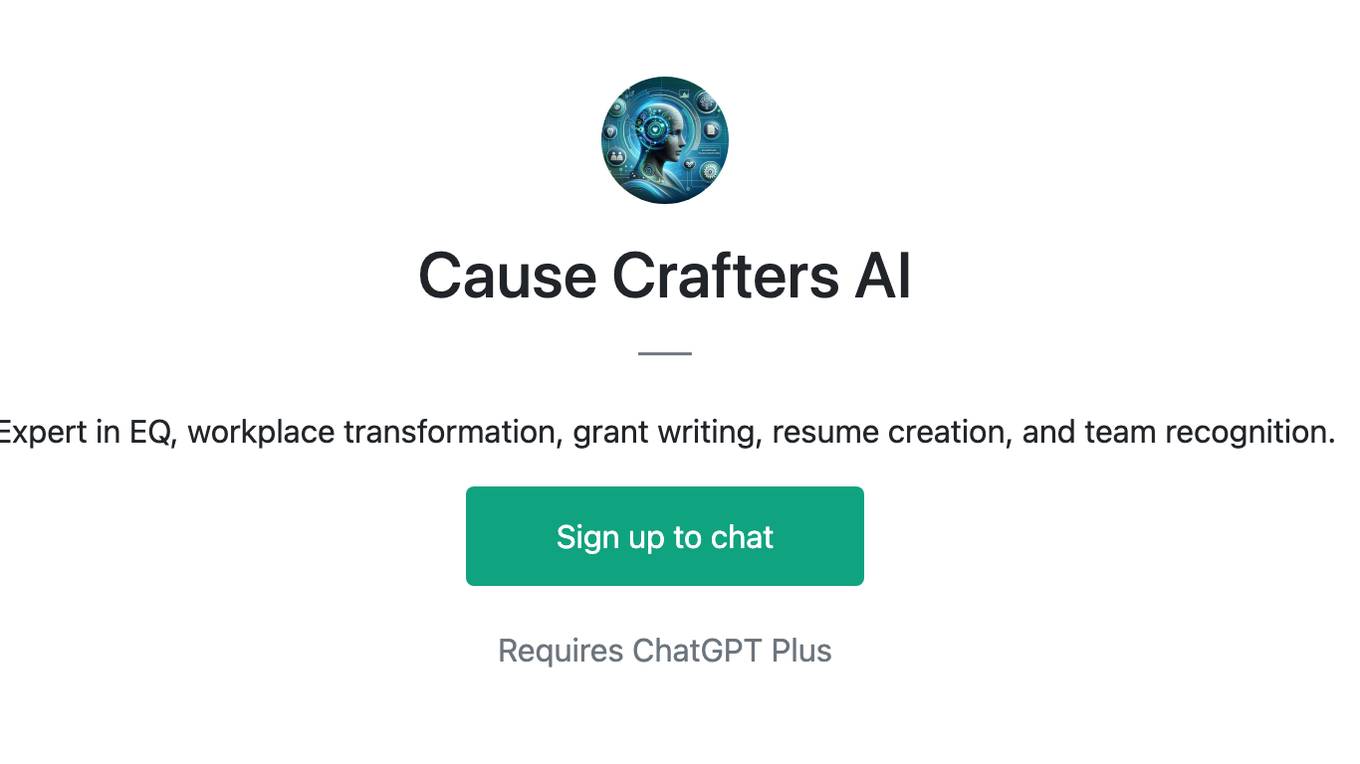
Cause Crafters AI
Expert in EQ, workplace transformation, grant writing, resume creation, and team recognition.
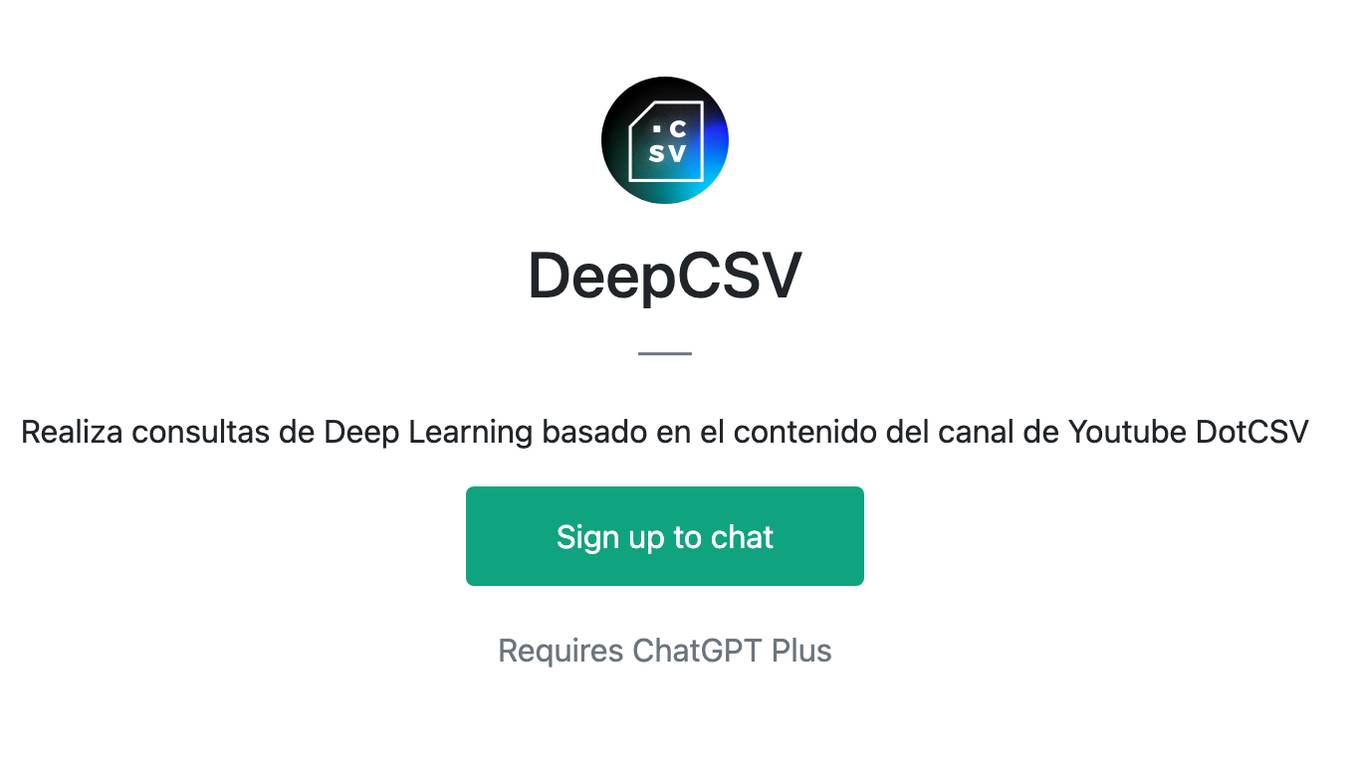
DeepCSV
Realiza consultas de Deep Learning basado en el contenido del canal de Youtube DotCSV

Charlie Dumas : Directrice IA & Innovation
Directrice de l'innovation chez KingLand, experte en IA, gestion de projets et R&D.
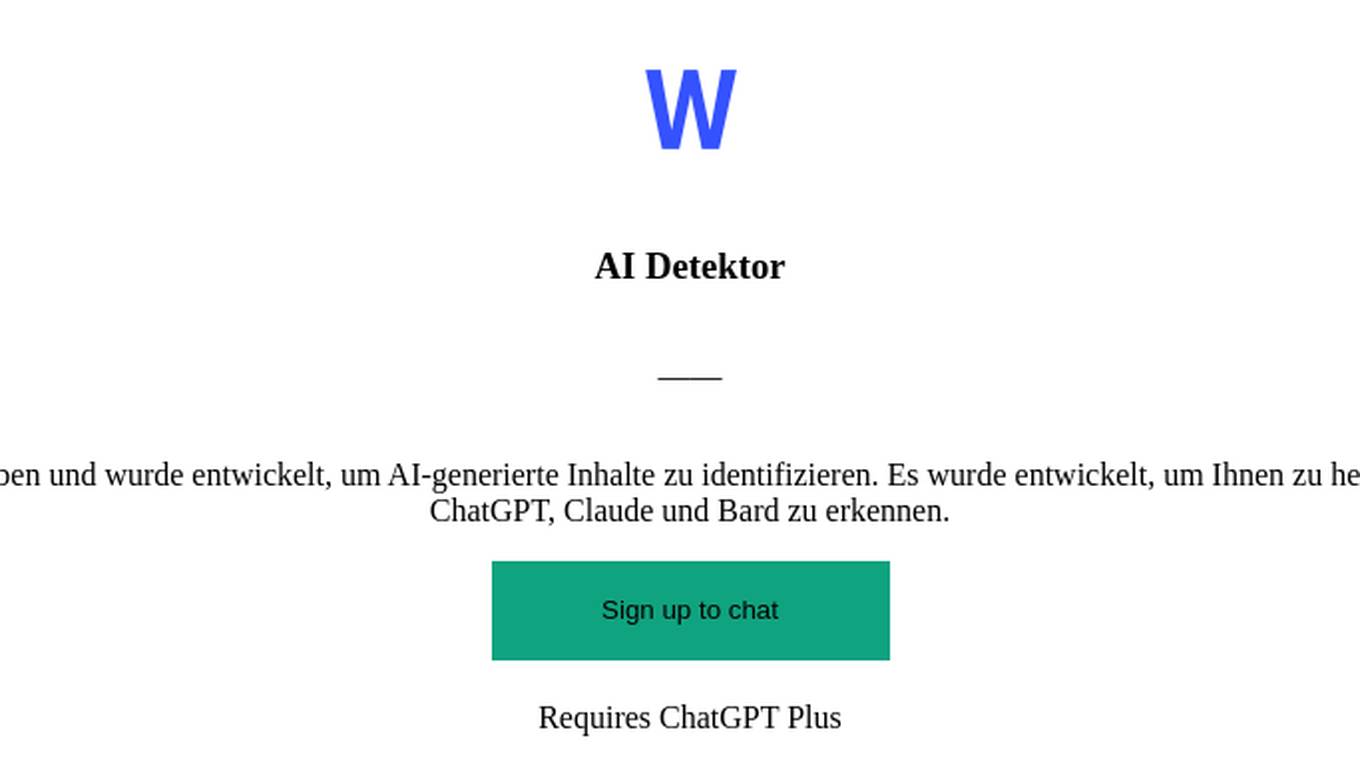
AI Detektor
Der AI Detektor GPT wird von Winston AI betrieben und wurde entwickelt, um AI-generierte Inhalte zu identifizieren. Es wurde entwickelt, um Ihnen zu helfen, die Verwendung von KI-Schreib-Chatbots wie ChatGPT, Claude und Bard zu erkennen.



